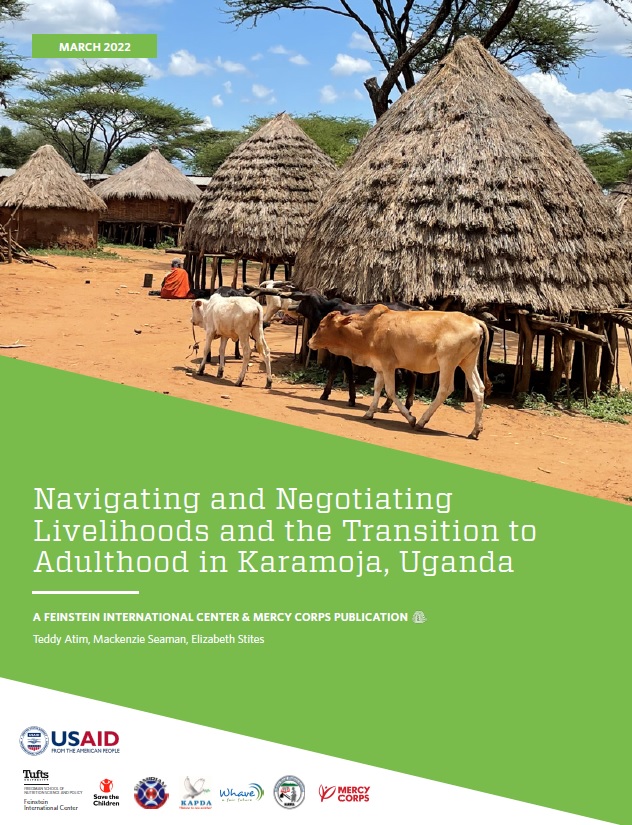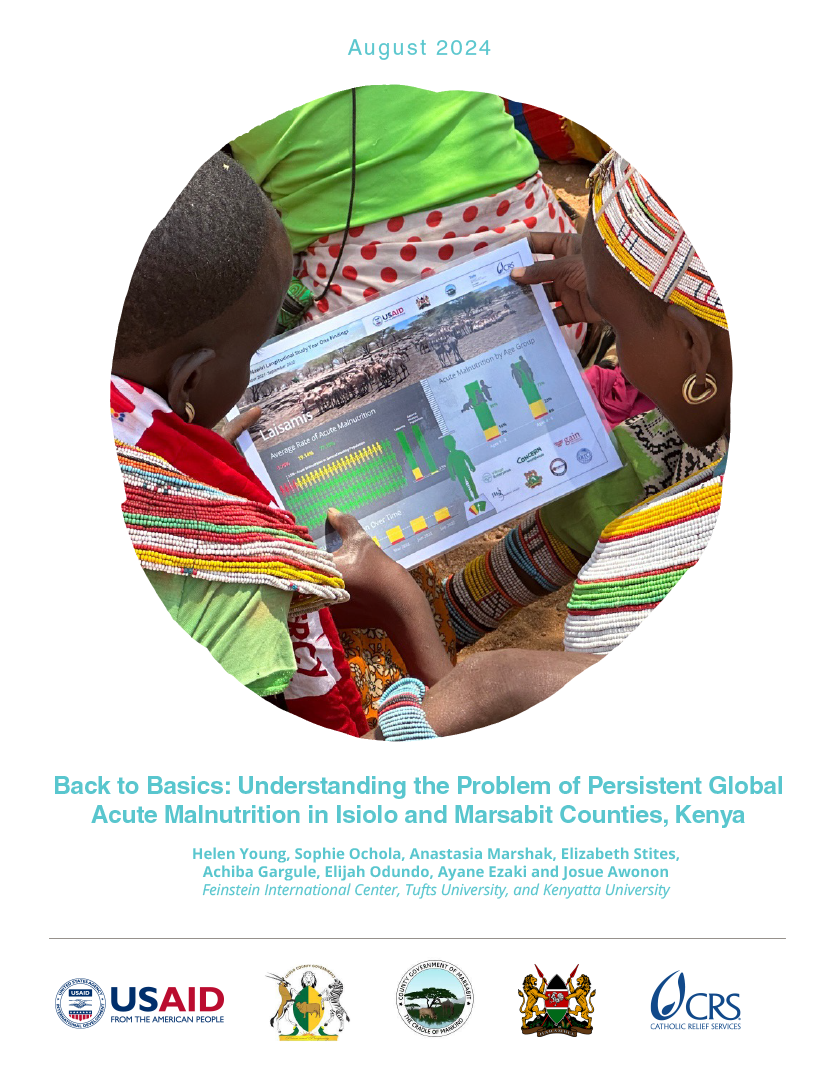New shocks (such as Covid-19) and persistent shocks (such as livestock and crop disease) caused rapid changes for young men and women in the Karamoja sub-region of Uganda between 2019 and 2021. This brief presents findings on how these young people’s lives, livelihoods, and transitions to adulthood have evolved in reaction to these shocks. We examine how youth have expressed agency, navigated new terrain, and renegotiated the markers and meanings of adulthood. Our analysis also pays attention to opportunities and barriers along gender and age lines to offer a better appreciation of how women’s and men’s specific social position as youth and emerging adults impacts their gender experiences in diverse ways.
The study found that that livelihood shocks and barriers have accelerated, stalled, and postponed transitions to adulthood depending on a variety of factors. To overcome these challenges, youth are trying to renegotiate the markers of adulthood (for example, viewing partial bride payments positively and wanting fewer children). However, in many cases, these traditional markers are difficult to change. This report offers a series of recommendations and implications based on the findings.
This analysis is part of the United States Agency for International Development/Bureau for Humanitarian Assistance (USAID/BHA)-funded Apolou Activity, a consortium led by Mercy Corps. It was designed to help Mercy Corps and other national and international actors to address youth’s vulnerability and opportunities in the Karamoja sub-region.
The findings build on three years of qualitative, longitudinal research carried out in four districts of the Karamoja sub-region. While the findings and analysis in this report focus primarily on the third round of qualitative data from late 2020, we also drew on previous years’ data, analysis, and findings to understand the trajectory of youth lives in a period of rapid change. Of the original 96 youth participants interviewed in 2018, we located and interviewed 83 youth—43 female and 40 male—between November 2020 and January 2021.







